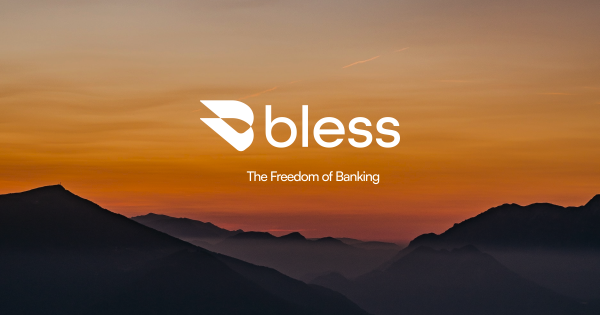Health-Tech | How Blockchain Can Be Useful in Healthcare | News
We have heard a lot of talk about Blockchain in recent years in reference to technology and how it can revolutionize data collection, storage and information sharing.
Blockchain can be seen as a set of data that remains in place with something of a time stamp. When other data is added, the information surrounding the first set remains undisturbed, and subsequent data are stamped with their own time and location information. What this does is prevent the manipulation of information, no matter what device the information is accessed on, and provides a comprehensive log of everything included in the database in a systematic way.
As the name suggests, we can think of it as a chain whose links increase based on the data that is added – each piece of data will be considered a link in the chain.
Blockchain was first used when the cryptocurrency era emerged as a way to enable safe and secure data storage and tracking, but has since been applied to multiple disciplines. Healthcare is one such industry. The need for privacy, accuracy and trust in health data makes it a prime candidate for using Blockchain to achieve secure, accurate and chronologically maintained formation.
One of the most obvious ways Blockchain can be used in healthcare is through electronic health records (EMRs) as a way to maintain the integrity of patient data. The goal, at least for some healthcare visionaries, to decentralize the EMR so that it can be accessed by all of the patient’s doctors, anywhere in the world, makes it a suitable candidate for Blockchain technology. This is because it would be difficult for a person to tamper with the records or change anything previously in place. In short, there must be accountability and ease of tracking, which reinforces the truth of the patient’s health history and overall care.
HUGE VALUE FOR HEALTH
A study that appeared in International Journal of Intelligent Networks in 2021 by Haleem et alunderlines the idea that Blockchain can bring enormous value to healthcare, one way is through the protection of patient records.
“Blockchain can guarantee the confidentiality of patient records. Once the medical history is developed, Blockchain can also store it, and this record cannot be changed,” the study said.
This is not to say that errors in transcriptions and medical notes cannot be corrected. It simply means that all information – the original and the change – will appear along the “chain”.
Beyond the EMR, Blockchain has a wide range of uses in the healthcare sector. According to stlpartners.com, these include transparency in the supply chain, verification of medical personnel’s credentials, remote monitoring of information on various devices (Internet of Things), and patient-centered data management and access. Improved security in the sharing of research data, especially in the pharmaceutical industry, is another way Blockchain can be used.
NOT fool proof
The World Health Organization’s Global Health Strategy for Digital Health 2020-2025 suggests that Blockchain is one of several new technologies that will improve the delivery of healthcare in the future.
In target one of the plan, the WHO indicates that it will seek to “promote health innovations where appropriate, including cutting-edge digital technologies, such as the use of artificial intelligence, blockchain and big data analytics, and other new techniques and solutions in the health sector” on card term – one to two years.
While Blockchain increases the security and integrity of data, it is important to note that it is not a foolproof system and is subject to hacking much like any other technology. However, this is much more difficult to achieve, but should still be treated as if there could be vulnerabilities and the necessary care taken to protect health data.
There is no reason why the digitization of healthcare should not use all available assets to improve population and individual health as well as the entire healthcare system.
Blockchain is among such tools that can be used both at the level of care and at the level of research to improve outcomes and find solutions to age-old health problems plaguing the system.
Doug Halsall is Chairman and CEO of Advanced Integrated Systems. Email feedback to [email protected] and [email protected].

























